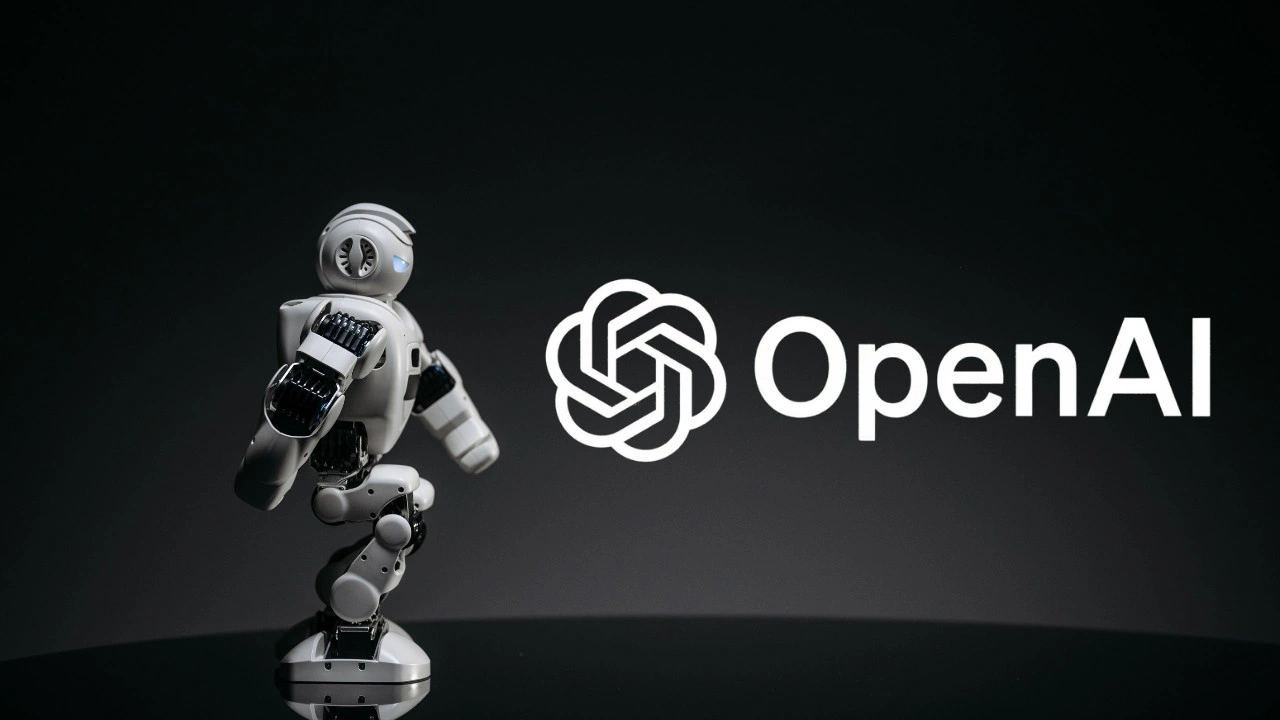In a pivotal shift, OpenAI has officially transformed its for-profit arm into a public benefit corporation (PBC), marking a significant milestone in the company’s journey. This restructuring has propelled Microsoft’s valuation to over $4 trillion, solidifying its longstanding partnership. Announced on October 28, 2025, the new arrangement strengthens the bond between the two giants, allowing Microsoft to secure a 27% stake worth approximately $135 billion in OpenAI’s for-profit unit.
The new agreement heralds an exciting chapter for artificial intelligence (AI) development. With Microsoft now holding exclusive rights to OpenAI’s intellectual property (IP) until 2032, the deal positions both companies to accelerate their work on artificial general intelligence (AGI), the next frontier in AI technology.
Introduction to the New OpenAI and Microsoft Deal
The collaboration between OpenAI and Microsoft has evolved dramatically since it began in 2019, when Microsoft made an initial investment of $14 billion into OpenAI. Now, after a comprehensive restructuring, OpenAI has moved to a public benefit corporation model to better align with its growing for-profit ambitions. This change signifies the deepening of its relationship with Microsoft, whose $135 billion stake marks a substantial financial commitment.
For OpenAI, this deal also opens doors for broader technological progress, including AGI, a concept that refers to AI systems capable of performing tasks at or above human levels. In exchange for Microsoft’s investment, the tech giant gains exclusive access to OpenAI’s technology, setting the stage for more ambitious developments.
Key Features of the OpenAI-Microsoft Partnership
Public Benefit Corporation Status
- New Structure: OpenAI’s for-profit arm has been restructured into a public benefit corporation (PBC). This shift marks a transition towards a business model that can balance profit goals with a commitment to societal benefits.
- Partnership Focus: The restructure strengthens Microsoft’s stake in OpenAI, aligning their interests in AI development, particularly in fields like AGI and advanced machine learning.
Microsoft’s 27% Stake in OpenAI
- Valuation: With the new agreement, Microsoft now holds 27% of OpenAI’s for-profit arm, valued at $135 billion.
- Exclusive Rights: Microsoft has exclusive rights to use OpenAI’s intellectual property (IP) until 2032. This extends Microsoft’s access to cutting-edge AI technology for years to come.
AI and AGI Advancements
- AI Collaboration: The companies will focus on advancing AI capabilities, with Microsoft now able to pursue its own AGI goals or work with third parties.
- Independent Verification of AGI: OpenAI has stated that any declaration of AGI will be subject to verification by an independent expert panel.
Other Key Terms of the Deal
| Key Term | Details |
|---|---|
| Restructure to PBC | OpenAI’s for-profit arm becomes a Public Benefit Corporation. |
| Microsoft’s Stake | Microsoft now owns a 27% stake in OpenAI’s for-profit division, valued at $135 billion. |
| Intellectual Property Rights | Microsoft gains exclusive IP rights to OpenAI’s technology until 2032. |
| AGI Development | Microsoft can independently pursue AGI development, either solo or with third parties. |
Benefits of the OpenAI and Microsoft Partnership
For OpenAI
- Sustained Funding: The agreement secures long-term funding from Microsoft, facilitating further AI innovation.
- Technological Advancement: By collaborating with Microsoft, OpenAI accelerates its progress toward AGI and improves its technological infrastructure.
- Expanded Reach: The public benefit corporation status gives OpenAI more flexibility to scale its operations globally.
For Microsoft
- Exclusive Access: Microsoft gains exclusive access to OpenAI’s cutting-edge technologies until 2032, reinforcing its AI dominance.
- AI Innovation: The partnership solidifies Microsoft’s position as a leader in AI development, with exclusive use of OpenAI’s breakthroughs.
- AGI Expansion: Microsoft’s ability to pursue AGI independently offers potential for new commercial opportunities and innovations in AI.
Why the Deal Matters?
The restructuring of OpenAI and its enhanced partnership with Microsoft signals a new era for AI development. As both companies move closer to realizing artificial general intelligence (AGI), their combined resources and technological prowess can accelerate the transformation of industries ranging from finance and healthcare to education and beyond.
The agreement also reflects the increasing trend of tech giants like Microsoft taking a leading role in AI research and development. As these companies expand their portfolios and partnerships, the tech landscape will be redefined in ways that could have profound economic and social impacts, especially with AGI becoming a more tangible possibility.
Recent Updates
- October 2025: OpenAI restructures into a public benefit corporation and forms an exclusive deal with Microsoft.
- 2024: OpenAI and Microsoft enter a definitive agreement giving Microsoft exclusive access to OpenAI’s technology until 2032.
- 2023: OpenAI receives $14 billion investment from Microsoft, further solidifying the two companies’ collaboration.
FAQs
What is a Public Benefit Corporation (PBC)?
A Public Benefit Corporation (PBC) is a for-profit company that balances the goal of making money with the aim of benefiting society. It gives companies like OpenAI the flexibility to prioritize societal good alongside financial success.
How much of OpenAI does Microsoft own?
Microsoft now owns 27% of OpenAI’s for-profit arm, which is valued at $135 billion.
What is the significance of the exclusive intellectual property rights?
Microsoft now has exclusive intellectual property (IP) rights to OpenAI’s technology until 2032, allowing the tech giant to use OpenAI’s AI innovations in its own products and services.
What is AGI (Artificial General Intelligence)?
Artificial General Intelligence (AGI) refers to AI systems capable of performing any intellectual task that a human can. The goal of AGI is to create machines that possess the cognitive abilities of humans, allowing them to learn, adapt, and solve problems independently.

